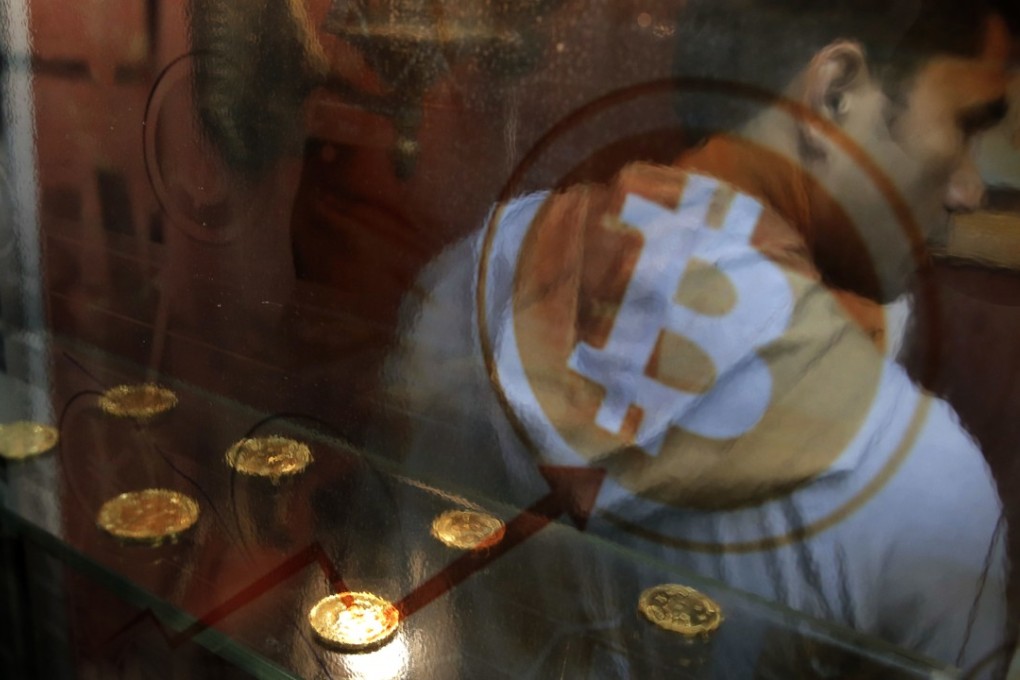Outside In | The bitcoin revolution isn’t coming. Here’s why
Forgot your digital wallet password? Tough luck. More reasons there won’t be a cryptocurrency revolution

“Kidnapped cryptocurrency boss freed in Ukraine after US$1m bitcoin ransom”, read the Financial Times headline last weekend, breathlessly capturing both our fascination with this exotic new concept, and with its seemingly indelible links with the global criminal underworld.
If you have a digital wallet full of cryptocurrency and you lose your password, that money is almost certainly gone
My conclusion? I marvel at the mathematically mind-boggling lengths to which our tech-savvy enthusiasts have gone to liberate us from bank fees, but see far more downside than up. If our cryptocurrency champions are right that our current global financial system is “too complicated to manage and regulate, let alone understand”, then how come they don’t recognise the mind-numbing complications their labyrinthine “solution” puts in their place?
The tech-savvy idealists and libertarians will at this point dismiss me as a dinosaur that is myopically unable to recognise our inevitable future. But I take comfort that I remain in good company. A recent YouGov survey in the US said that 62 per cent of respondents either had never heard of bitcoin or believed they were used for criminal purposes. A customer survey by HSBC found that 59 per cent of respondents had never heard of blockchain technology. Of the 41 per cent who knew about it, around four fifths did not understand it.
